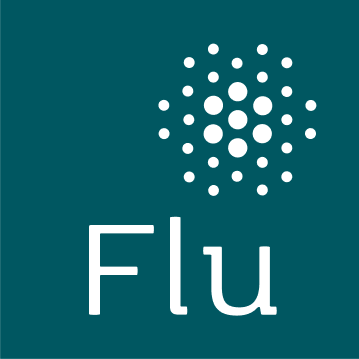For parents, back-to-school season may mean getting kids to their annual health and wellness check-up—and their annual flu vaccination.
Some kids might look forward to all these events with the same low enthusiasm. But vaccinations, including those for the flu, may inspire more than just displeasure: Estimates suggest that as many as 2 out of 3 children fear needles. This fear may cause some children to react to vaccine appointments with severe panic, regardless of their past experience with needles.
“Worries about pokes are universal,” observes Matt Thompson, M.D., a longtime pediatrician. Dr. Thompson co-established The Kids Clinic in Spokane, Washington, in 2007, and serves as the medical director at the Joya Child and Family Development clinic in Spokane.
Those worries may be even greater at certain ages, he adds. For example, at ages 4 to 6 and ages 11 to 12, many children receive specific sets of vaccines according to typical immunization schedules. When those children come in the following year for their annual flu vaccine, Thompson says, “there can be that memory of all the shots they got the previous year.”
Of course, children aren’t the only ones to have anxiety about needles. An estimated 1 in 4 adults also fear needles, too.
As they get older, many children have less anxiety over procedures that involve needles. Other young children may find their fears grow into phobias. Those phobias, in turn, may cause kids to avoid medical care—especially medical care that involves needles—when they get older.
Providing positive support can help children learn how to manage their anxiety over needles. Parents or caregivers who react to kids’ needle fears or phobias with anger or worry may make their kids’ fear worse.
Ultimately, while many adults think of getting an annual flu vaccine as a simple event that doesn’t involve feelings, some children may have a very different perspective. What approaches can adults take that can help allay fears their kids may have over getting their annual flu shots?




